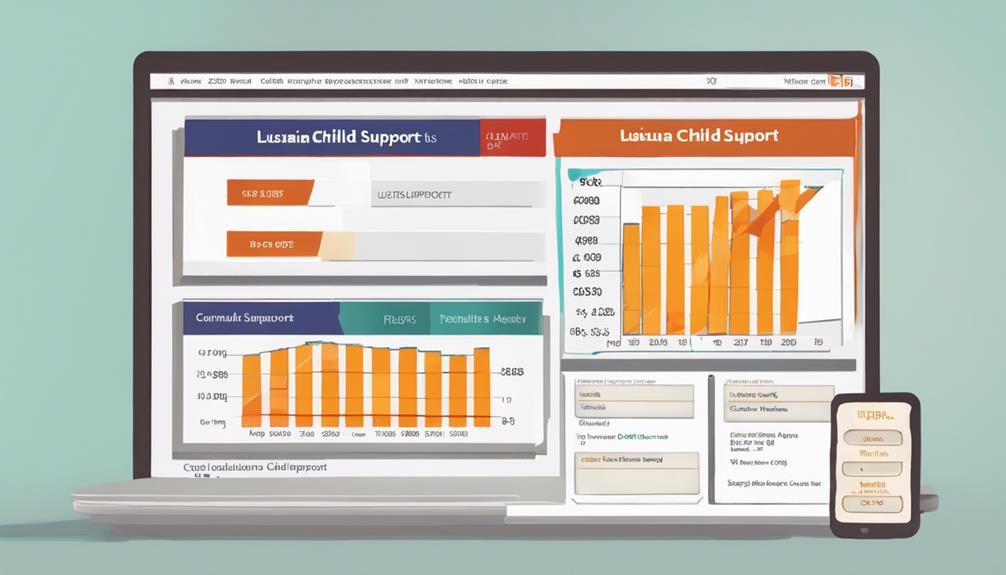If your spouse refuses to sign divorce papers, you can still move forward by requesting court approval for a default divorce. To do this, you’ll need to prove you’ve made diligent efforts to serve your spouse and provide proper notice through affidavits or proof of service attempts. The court will review your compliance, and if everything checks out, a divorce can be granted even without their signature. The next steps could make the process clearer.
Key Takeaways
- Attempt proper service of divorce papers and document all efforts to notify your spouse.
- Seek court approval for divorce by showing diligent attempts and proper notice through affidavits.
- Request the judge’s permission for a default divorce if your spouse refuses to sign or respond.
- Consider online divorce options if your jurisdiction allows, to expedite the process.
- Ensure all legal procedures and local service methods are followed to prevent delays and secure court approval.

If mediation fails, or your spouse remains uncooperative, you still have options through the court system. You can request a judge to approve your divorce petition without your spouse’s signature, provided you can show that you’ve made diligent efforts to serve them and that they’ve been given proper notice. This often involves submitting affidavits or proof of service attempts to the court. Once the court is satisfied that you’ve met legal requirements and that your spouse was adequately informed, it may grant the divorce by default. This process ensures that your right to divorce isn’t blocked solely because your spouse refuses to cooperate, but it requires careful documentation and adherence to legal procedures. Additionally, some jurisdictions allow for online divorce procedures for uncontested cases, streamlining the process further for eligible cases. Recognizing the importance of local laws and procedures can greatly influence the success of your divorce case. Being aware of service methods and how they are accepted in your jurisdiction can help expedite the process and avoid delays. Furthermore, understanding financial affidavits and their role in divorce proceedings can be crucial if disputes over assets arise.
Frequently Asked Questions
How Long Does It Take to Get a Divorce Without a Spouse’S Signature?
If your spouse refuses to sign divorce papers, the divorce timeline can extend considerably. Without their signature, you usually need to pursue a legal process called a contested divorce, which depends on your state’s laws and court schedules. Typically, it can take several months to over a year from marital separation to finalization. Factors like court availability, evidence, and legal procedures influence how long it takes to get a divorce without your spouse’s consent.
Can I Divorce My Spouse if They Are Missing or Unreachable?
A missed opportunity is often lost forever, so you must act promptly. If your spouse is missing or unreachable, you can still divorce them through alternative methods like service denial or legal notification. Courts often permit divorce by publication or other means when direct contact isn’t possible. You don’t need their cooperation; the law can facilitate your divorce, ensuring your rights are protected despite their absence.
What Are the Costs Associated With Filing a Contested Divorce?
When you file a contested divorce, expect costs like legal fees and court expenses, which can add up quickly. You might also consider divorce mediation to reduce costs and reach an agreement faster. Legal fees vary depending on your case complexity and attorney rates. Keep in mind, contested divorces often take longer, so prepare for higher overall expenses compared to uncontested cases.
How Does Refusal to Sign Affect Child Custody Agreements?
Refusal to sign can turn custody negotiations into a rocky road, impacting your chances of securing favorable arrangements. When your spouse refuses, it may delay decisions, but it doesn’t mean your parental rights are lost. Courts prioritize the child’s best interests, so your active involvement and evidence of your role as a responsible parent can help uphold your custody rights. Stay focused, and don’t let a refusal derail your pursuit of a fair custody agreement.
Can I Force My Spouse to Sign Divorce Papers Through Legal Action?
You might wonder if you can force your spouse to sign divorce papers through legal action. While you can’t directly compel them, divorce mediation offers a way to negotiate, and if that fails, legal enforcement through the courts becomes an option. Courts can approve a divorce even if your spouse refuses to sign, especially if you’ve met legal requirements, ensuring your divorce moves forward without their agreement.
Conclusion
Remember, even if your spouse refuses to sign, you’re like a ship steering through a storm—your destination remains clear. The legal process is your lighthouse, guiding you safely to calmer waters. Stay patient and persistent; eventually, the clouds will part, and you’ll find your horizon. No matter how strong the resistance, your resolve is the anchor that keeps you steady. Keep moving forward—you’re closer than you think to reaching your peaceful harbor.










